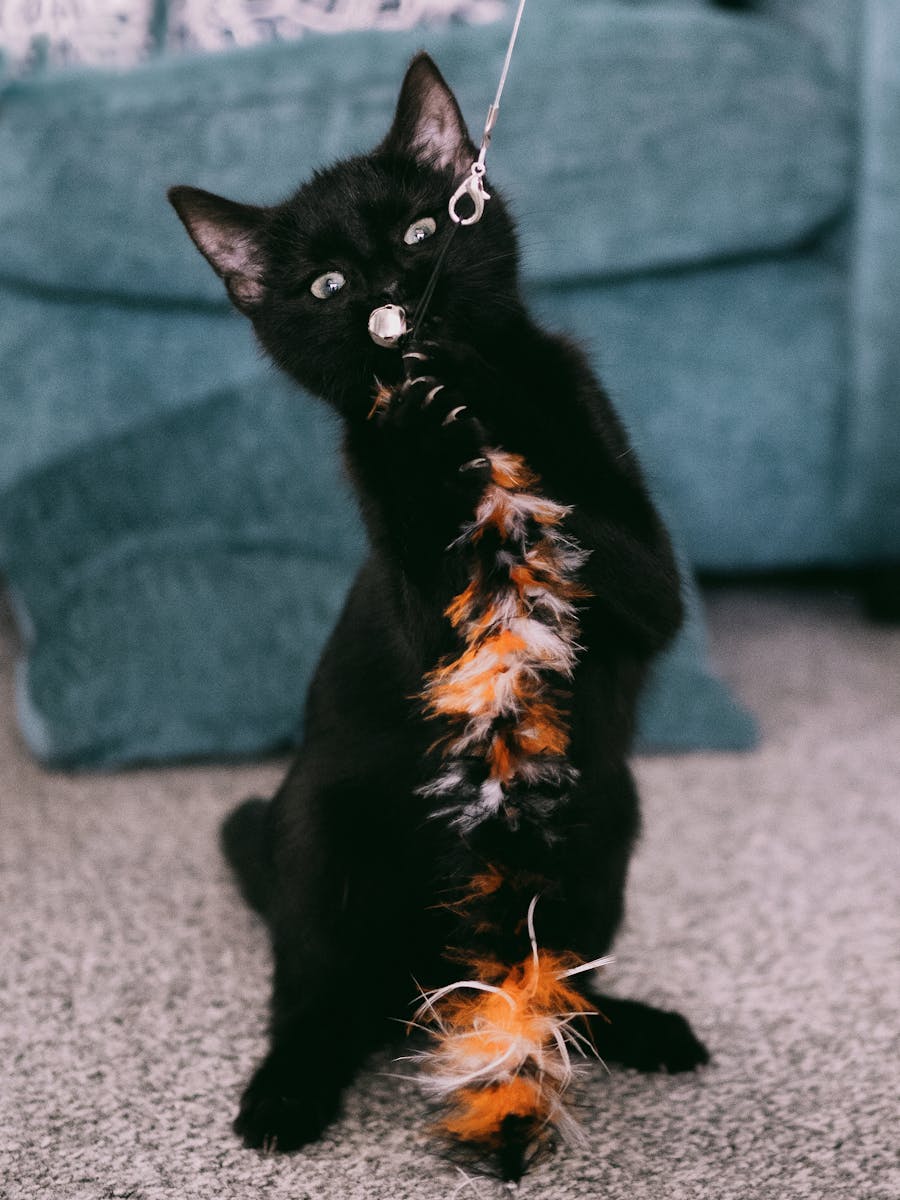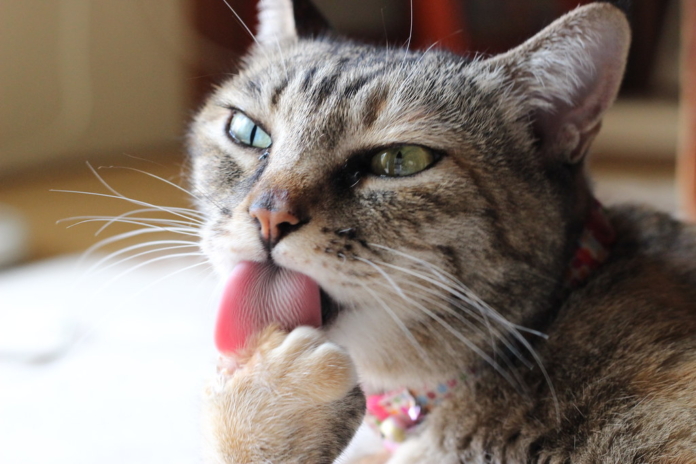Have you ever wondered why your cat nibbles on your hair? This quirky behavior can be both endearing and puzzling. Understanding why your feline friend engages in this activity can help you connect better with them. In this article, we will explore the various reasons behind this unusual habit.
Understanding Your Cat’s Quirky Behavior
Cats are known for their unique and sometimes mysterious behaviors. Hair nibbling is one such activity that can leave pet owners curious. Cats may nibble on hair for various reasons, each rooted in their natural instincts and social habits. By observing your cat closely, you can get a better idea of why they choose to nibble on your hair.
One common reason is that cats use their mouths to explore the world around them. Nibbling is a way for them to gather information about their environment and the objects within it. Your hair, being a part of that environment, may simply pique their curiosity. This behavior is similar to how they might chew on toys or other items.
Additionally, hair nibbling can be a sign of affection. Cats often groom each other as a way to bond and show care. By nibbling on your hair, your cat might be trying to include you in their grooming routine. This is their way of saying that they trust you and consider you a part of their family.
Lastly, stress or boredom may also play a role in why your cat nibbles on your hair. If your cat feels anxious or lacks mental stimulation, they might resort to this behavior as a coping mechanism. Providing them with toys and activities can help reduce their need to nibble on your hair.
The Role of Instincts in Hair Nibbling
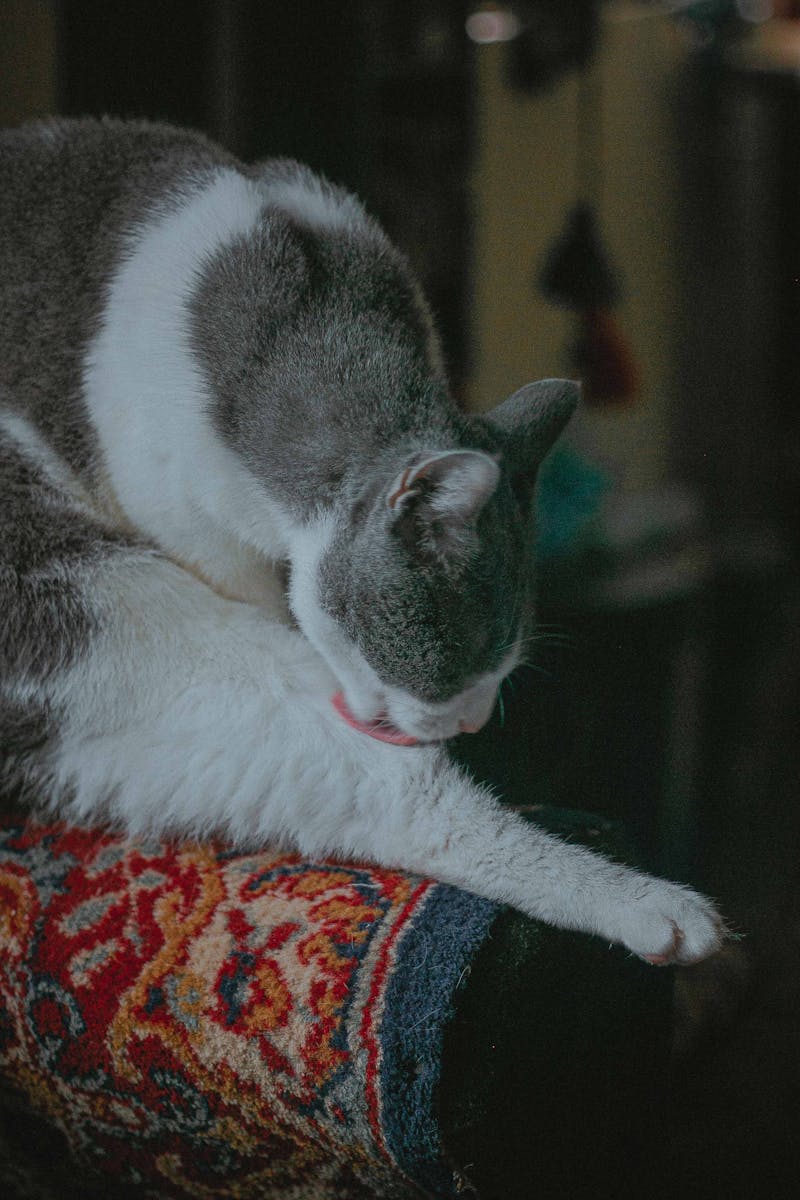
Cats have a variety of natural instincts that can explain their hair nibbling behavior. One such instinct is grooming. In the wild, cats groom themselves and each other to maintain cleanliness and strengthen social bonds. By nibbling on your hair, your cat may be trying to groom you, reflecting this natural instinct.
Another instinct that could explain this behavior is hunting. Cats use their teeth to catch and kill prey. Nibbling on your hair could be a way for them to satisfy this hunting instinct, especially if they do not have other outlets for this behavior. Providing your cat with interactive toys can help redirect this instinctual need.
Furthermore, the texture and movement of your hair might trigger your cat’s predatory instincts. Hair can resemble the fur or feathers of prey animals, making it an attractive target for a cat’s playful biting. This is more likely if your cat is still young and more prone to playful behavior.
Lastly, maternal instincts might also be at play. Mother cats often nibble and lick their kittens as part of their nurturing behavior. Adult cats may carry over these instincts into their interactions with their human companions, treating you as they would a fellow cat or kitten.
Exploring Possible Health Factors
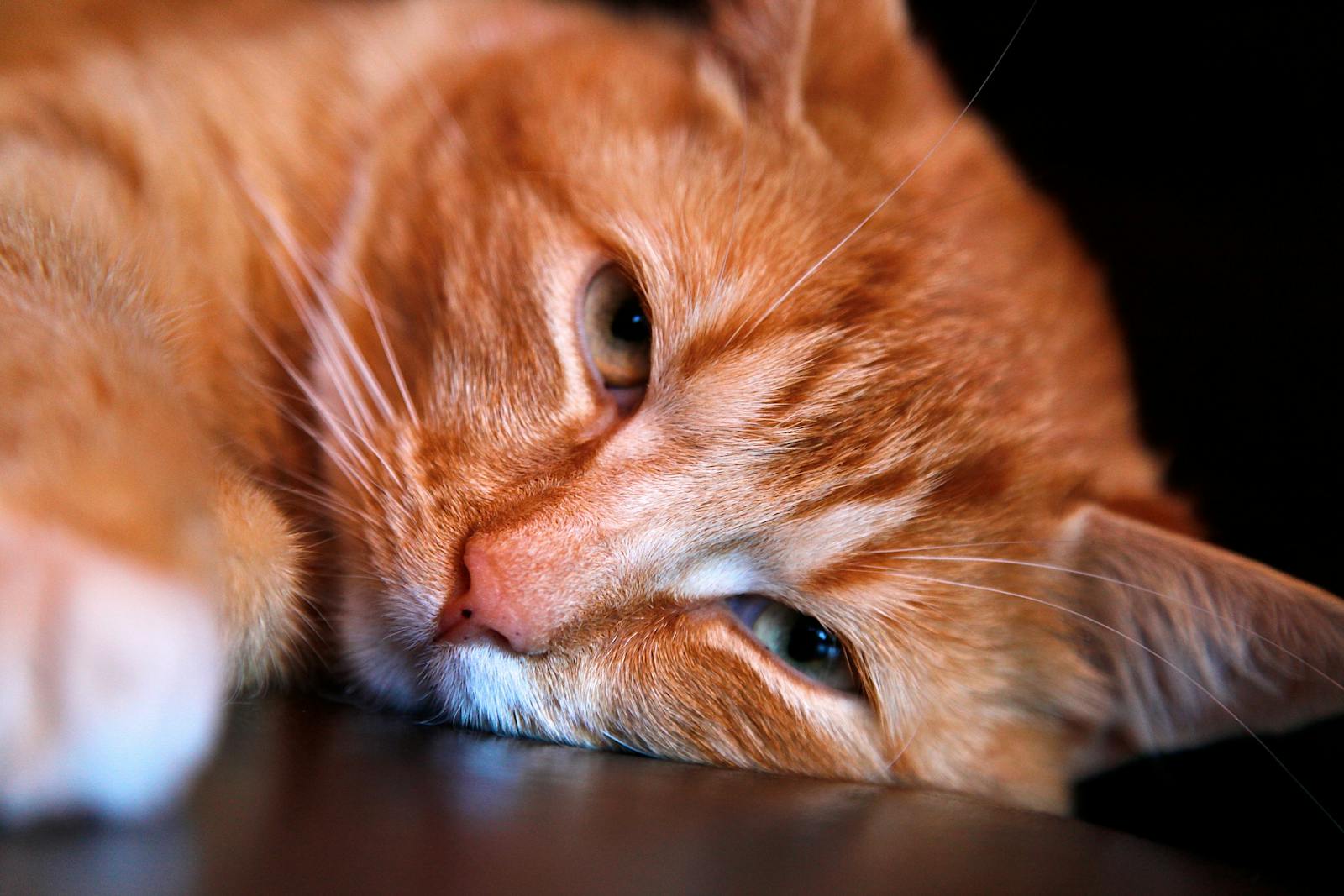
While hair nibbling is often harmless, it is important to consider underlying health issues. Dental problems, for example, can cause discomfort and lead to nibbling behaviors. Regular check-ups with your veterinarian can help identify and address any dental issues that may be contributing to the behavior.
Nutritional deficiencies can also play a role. Cats may nibble on non-food items if they are lacking certain nutrients in their diet. Ensuring that your cat receives a balanced and nutritious diet can help reduce their need to nibble on your hair. Consult your veterinarian about the best food options for your cat.
Additionally, some cats may suffer from pica, a condition where they have an urge to eat non-food items. Hair nibbling could be a symptom of this condition. If you suspect that your cat has pica, it is important to seek veterinary advice to manage the condition and prevent any potential health risks.
Lastly, skin issues or parasites could also cause your cat to nibble on your hair. If your cat is itchy or uncomfortable, they may nibble on various objects, including your hair, to relieve the irritation. Regular grooming and parasite control can help keep your cat comfortable and reduce this behavior.
Strengthening Your Bond with Positive Actions
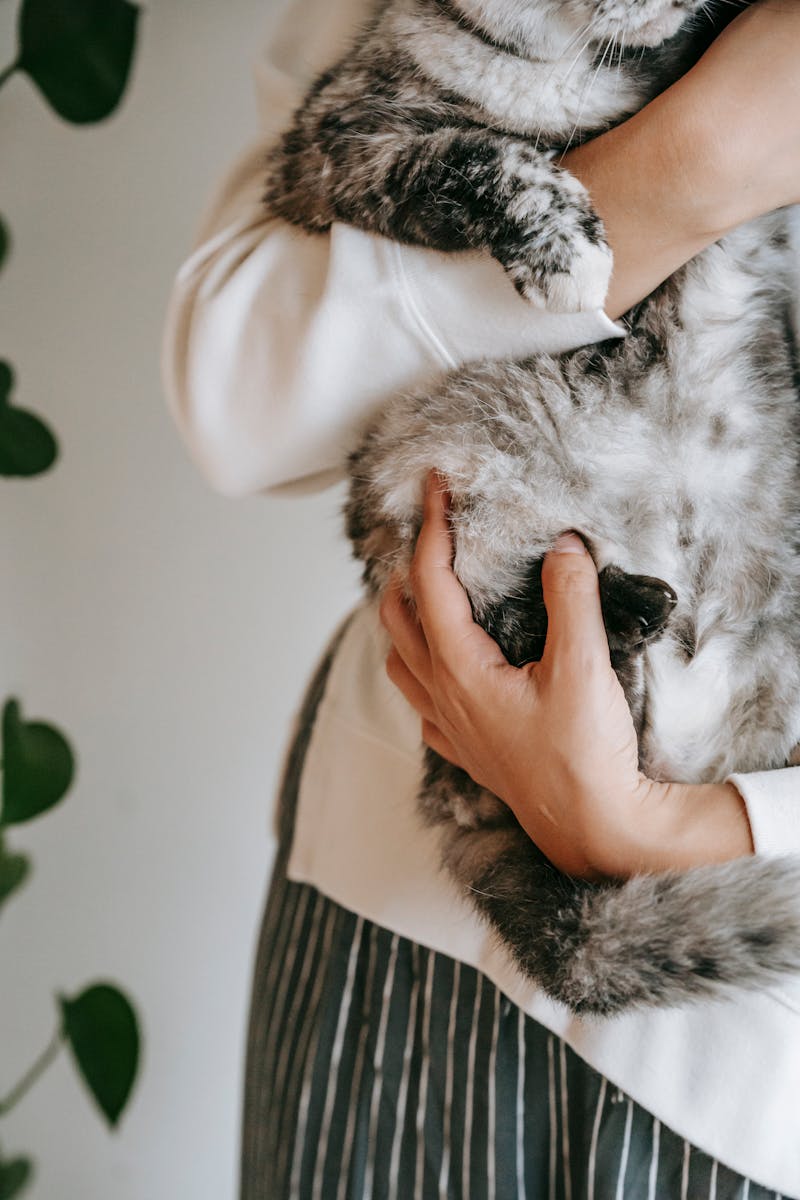
Building a strong bond with your cat involves understanding and responding to their behaviors in positive ways. If your cat nibbles on your hair, try to gently redirect their attention to more appropriate activities. Providing them with toys and engaging in interactive play can help satisfy their natural instincts.
Spending quality time with your cat is crucial. Regular play sessions and grooming can strengthen your bond and reduce anxiety or boredom-related behaviors. By being attentive to your cat’s needs, you can create a more harmonious living environment for both of you.
Positive reinforcement can also be effective. Rewarding your cat with treats or affection when they engage in desirable behaviors can encourage them to repeat those actions. This approach can help you guide your cat away from hair nibbling and towards more acceptable behaviors.
Lastly, patience and consistency are key. Changing a cat’s behavior takes time and effort. By remaining patient and consistent in your approach, you can help your cat develop healthier habits while strengthening your mutual bond.
Understanding why your cat nibbles on your hair can help you address the behavior effectively. Whether it is driven by instincts, health issues, or social bonding, recognizing the reasons behind it is the first step. By taking positive actions and providing the right care, you can enhance your relationship with your feline friend and ensure their well-being.
